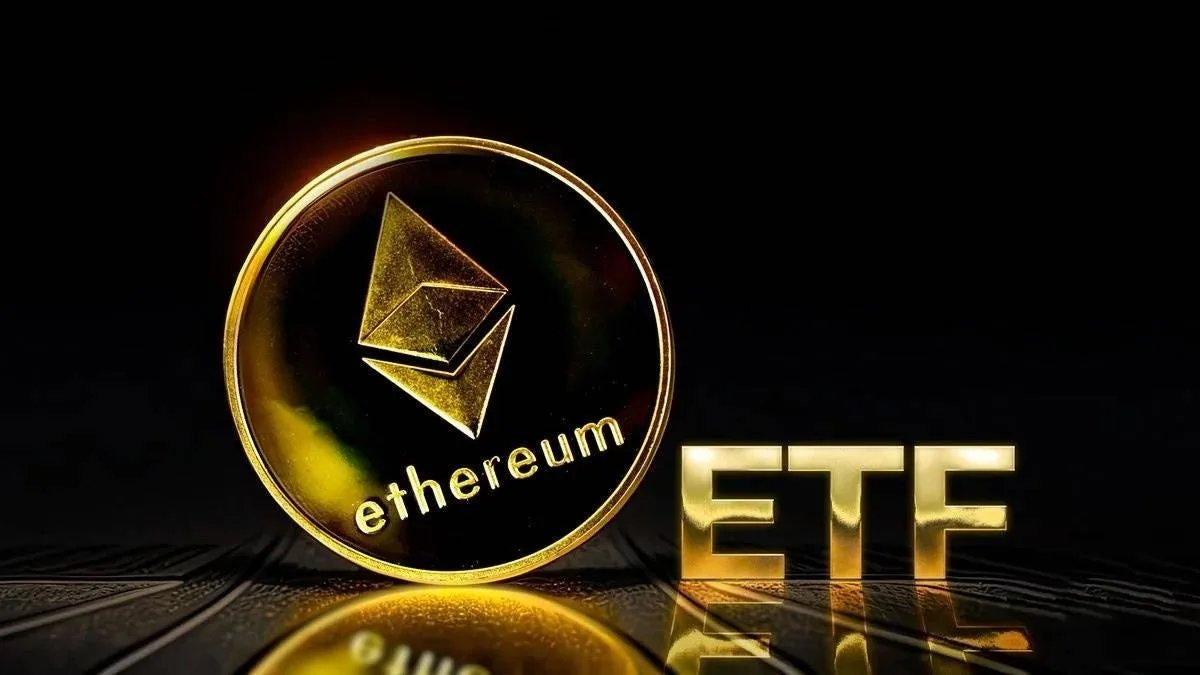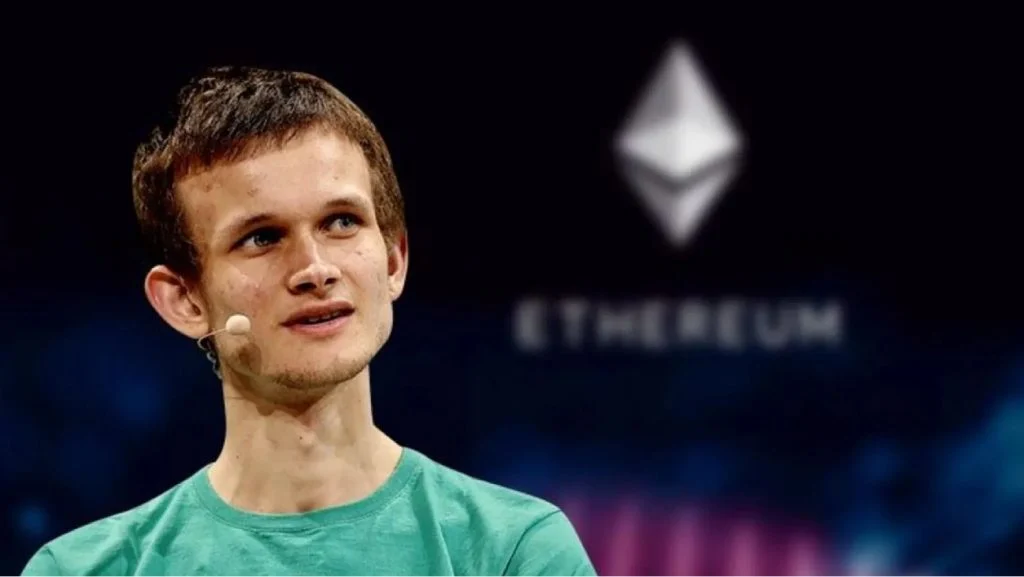|
Getting your Trinity Audio player ready...
|
Ethereum co-founder Vitalik Buterin recently explained why the Ethereum Foundation chooses not to stake its large ETH holdings, despite mounting community criticism. In an October 27 post on X, Buterin outlined the Foundation’s rationale for periodically selling ETH rather than staking it, sparking debate over responsible resource management in the Ethereum community.
Why The Ethereum Foundation Avoids Staking ETH
The Ethereum Foundation, currently holding around 271,000 ETH (valued at $673 million), has faced increasing calls to stake its holdings. Many argue that staking ETH could fund the Foundation’s operations through rewards, reducing the need to sell assets. Blockchain analytics platform ScopeScan calculated that, with the current staking return rate of 3.1%, the Foundation’s holdings could generate $20.8 million annually if staked. However, Buterin highlighted that staking could push the Foundation to take an “official stance” on network upgrades, which could complicate its neutrality, especially in contentious situations.
To avoid influencing Ethereum’s decentralized governance, the Foundation has so far opted out of staking, preferring instead to sell ETH periodically. For instance, blockchain data reveals that the Foundation recently sold 4,066 ETH on CoWSwap, securing $11.24 million to support operations. According to Buterin, these proceeds go towards funding payments to developers and researchers responsible for network upgrades, including Ethereum’s transition to Proof-of-Stake and improvements like low transaction fees and faster processing speeds.
Exploring Alternative Staking Models
Despite its stance, Buterin noted that the Foundation is exploring ways to engage with staking indirectly. One approach under consideration involves issuing grants in staked ETH, enabling grant recipients to stake the ETH and retain the staking rewards, which they can withdraw at their discretion. This method could ensure ETH staking benefits without directly involving the Foundation in staking decisions.
Another option is for the Foundation to delegate staking responsibilities to various organizations on its behalf. “One interesting idea around this that is being considered is giving some grants in the form of ‘you can stake our ETH, you choose how as long as it’s ethical, and keep the upside,’” Buterin shared, hinting at a more decentralized, hands-off approach to staking that would maintain the Foundation’s neutrality.
Community Criticism and Broader Contributions
While some argue that staking could help fund the Ethereum Foundation sustainably, Buterin urged the community to consider its broader contributions to Ethereum’s ecosystem. Beyond staking, the Foundation has used ETH sales to sponsor critical developments, such as zero-knowledge technologies for enhanced privacy and account abstraction for better security. The Foundation also funds local Ethereum events worldwide, fostering community engagement and network security.
As the Ethereum Foundation navigates the challenges of funding its initiatives responsibly, Buterin’s comments signal a commitment to decentralized values while exploring innovative methods to engage with staking. The debate around the Foundation’s resource management is unlikely to disappear, but alternative models could provide a middle ground for critics and stakeholders alike.
Disclaimer: The information in this article is for general purposes only and does not constitute financial advice. The author’s views are personal and may not reflect the views of Chain Affairs. Before making any investment decisions, you should always conduct your own research. Chain Affairs is not responsible for any financial losses.
With a keen eye on the latest trends and developments in the crypto space, I’m dedicated to providing readers with unbiased and insightful coverage of the market. My goal is to help people understand the nuances of cryptocurrencies and make sound investment decisions. I believe that crypto has the potential to revolutionize the way we think about money and finance, and I’m excited to be a part of this unfolding story.




